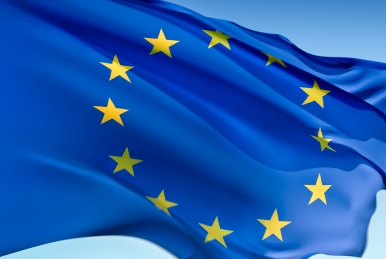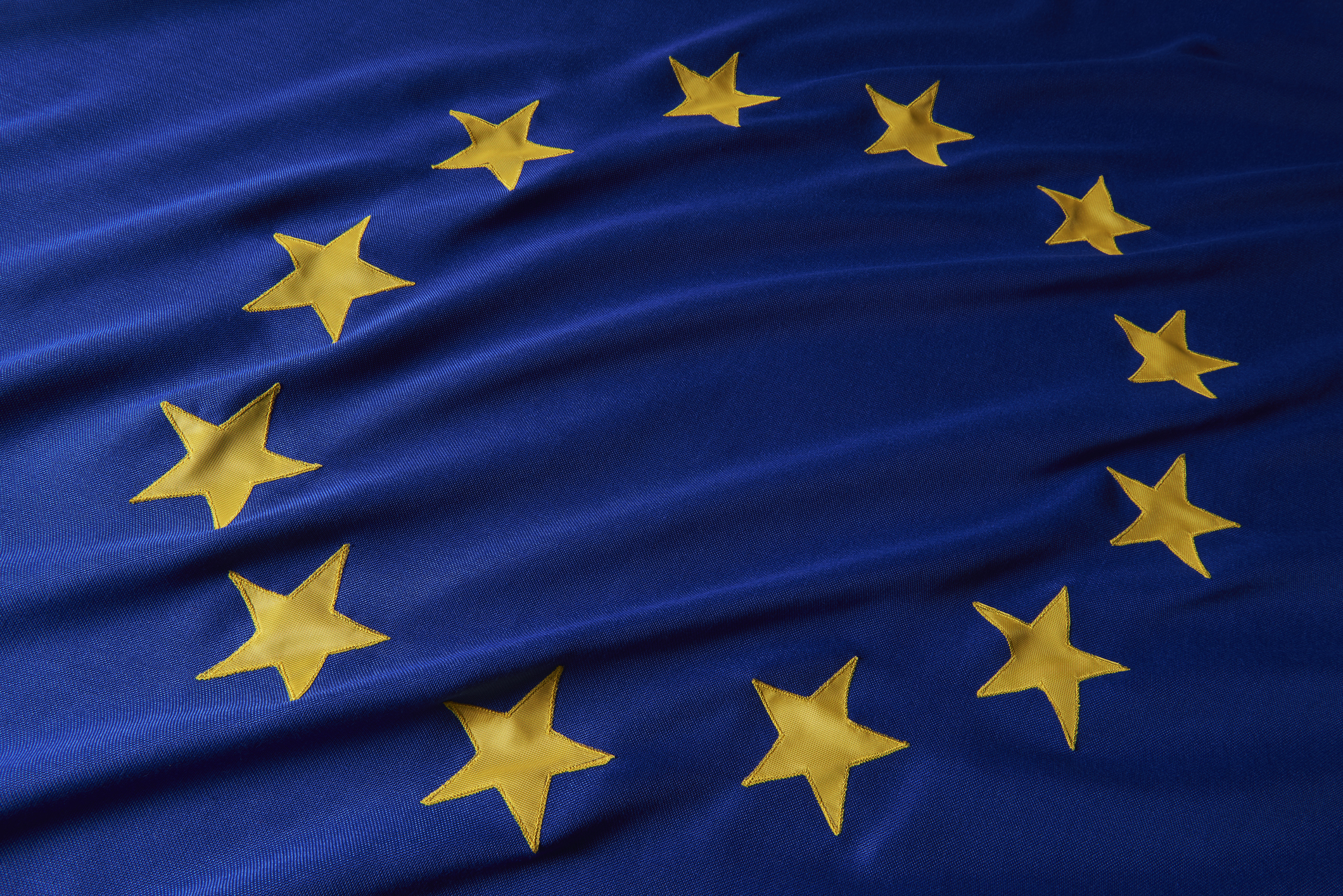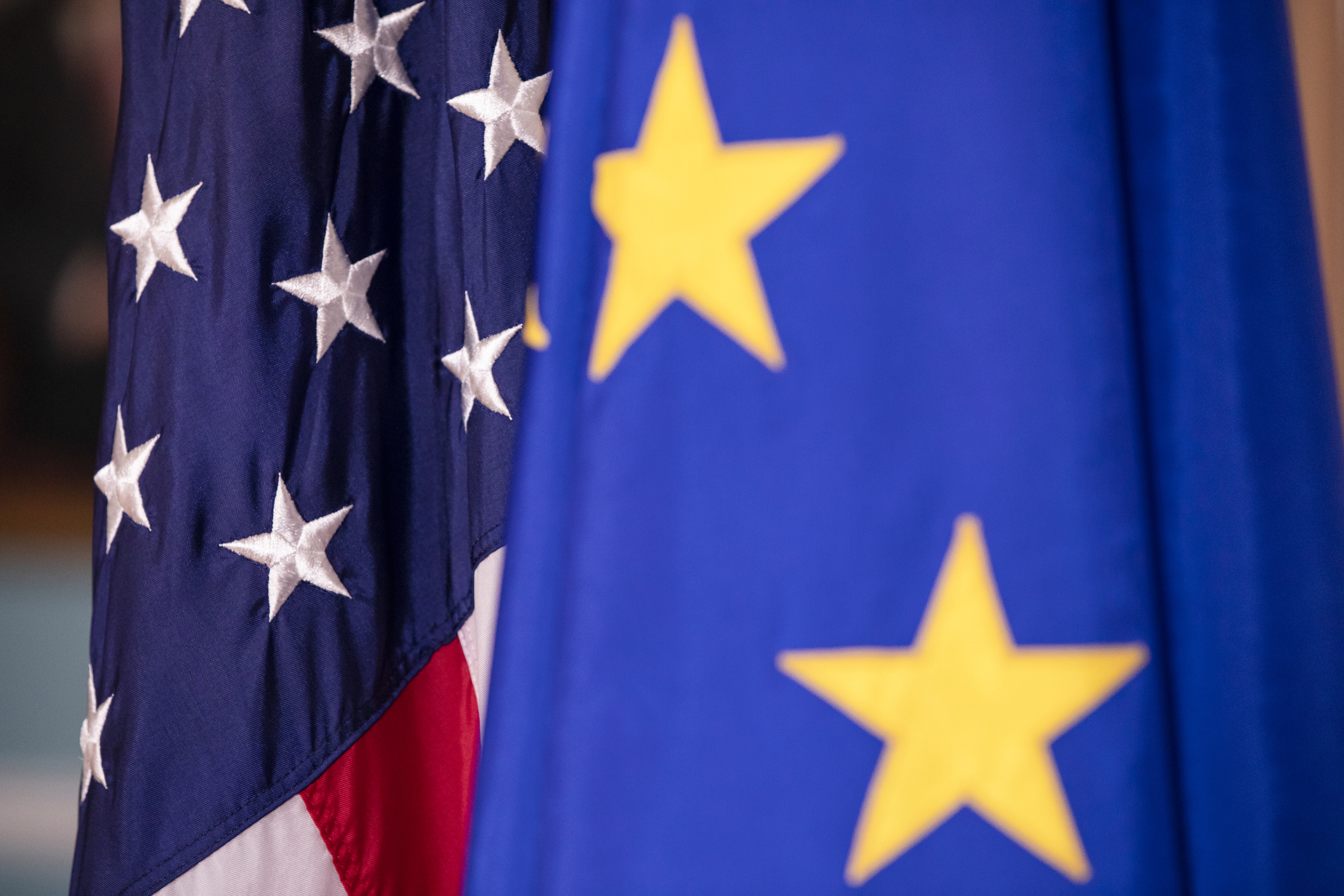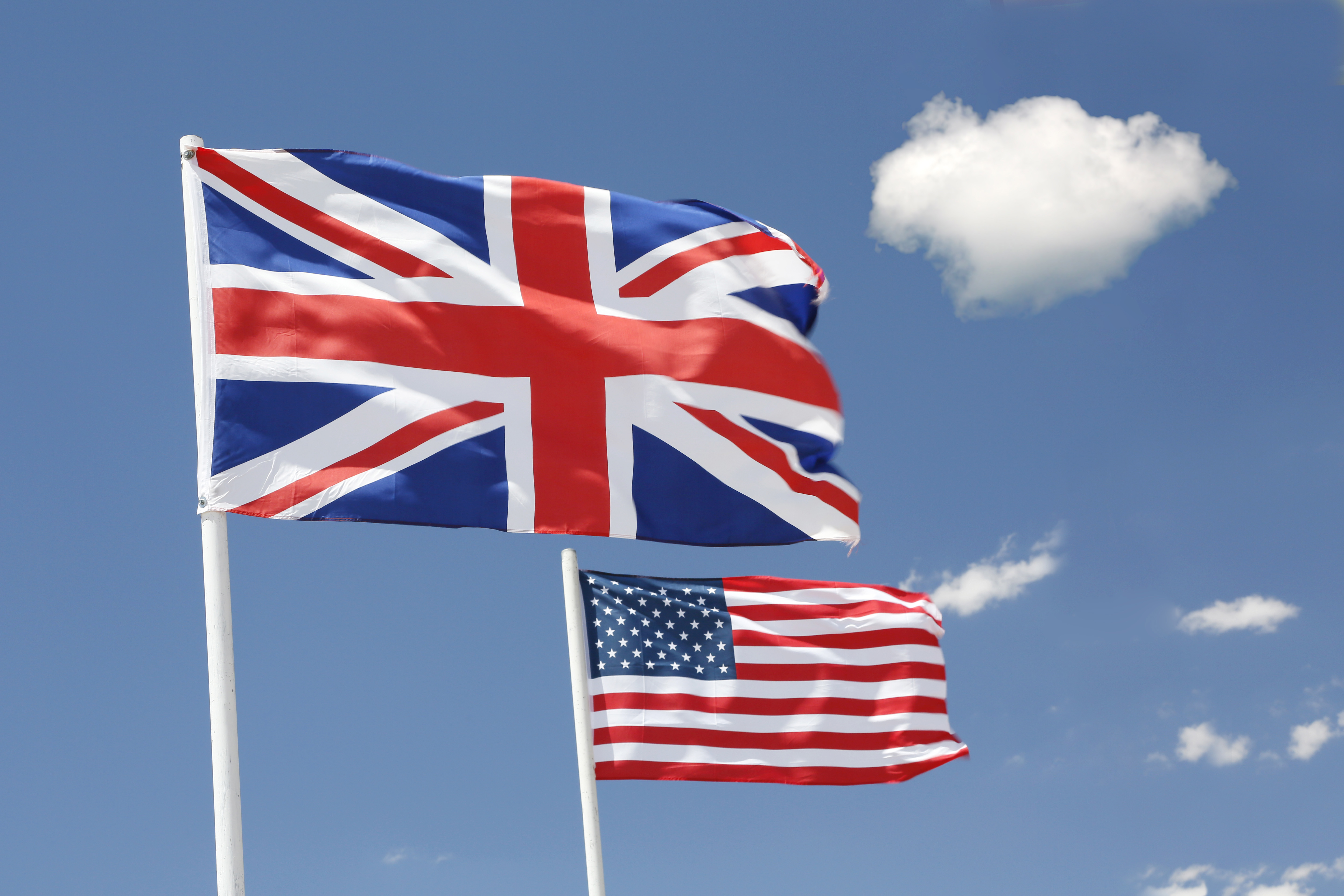European Parliament calls for superfast broadband
Consumer rights are set to take centre stage in a new digital agenda for Europe overwhelmingly approved by lawmakers.

The European Parliament has approved a new digital strategy targeting widespread roll out of superfast internet services across the continent over the next five years, and proposing a European charter of consumer rights in the digital environment.
The 2015.eu strategy calls for every EU household to have access to broadband internet at a "competitive price" by 2013, and aims to ensure that three quarters of mobile subscribers are 3G users by 2015.
On an individual level, the resolution said widespread training was needed so all Europeans could participate fully in a digital society, and their rights should be laid out in a clear legal framework that provided meaningful protection to rights-holders while also safeguarding personal data.
"The train towards the digital society is an extremely high speed one with no stops; the EU must be on board," Spanish rapporteur Pilar del Castillo Vera said ahead of the strategy's approval by a large majority. "The wellfunctioning of the digital economy is imperative for the wellfunctioning of the entire EU economy. However, the free movement of digital services is today severely hindered by fragmented rules at national level."
Other ambitious targets set by 2015.eu include 50 per cent of households having access to super-fast internet by 2015, and 100 per cent by 2020, while all primary and secondary schools should have reliable internet access by 2013, and high-speed connections by 2015.
In addition, the strategy stated that "ICT training and e-learning should become an integral part of lifelong learning activities, enabling better and accessible education and training programmes".
The strategy called for a charter of rights to be in place by 2012, and a broader Cyber crime Convention to be up and running by 2015. MEPs said it is crucial to find "a fair balance between the right-holders' rights and the general public's access to content and knowledge", adding that special protection from cyber crime should be given to minors and young adults.
Get the ITPro daily newsletter
Sign up today and you will receive a free copy of our Future Focus 2025 report - the leading guidance on AI, cybersecurity and other IT challenges as per 700+ senior executives
"Europe will only reap the benefits of [the] digital revolution if all EU citizens are mobilised and empowered to participate fully in the new digital society," said a statement accompanying the strategy's unveiling. "This requires confidence by investors to make long term commitments, confidence by governments to move more strongly to e-government and confidence by citizens to use the digital services."
"A prerequisite for the creation of a European knowledge society is that all users have access to resilient and reliable wired and wireless broadband networks."
With Parliament endorsing the plan, the spotlight now shifts to the European Commission, which will be responsible for making the strategy a reality.
The UK's own digital agenda played a major role in the build-up to last week's election. Labour has committed to providing 90 per cent of UK homes with ultra-fast broadband and 100 per cent coverage by 2020, with the Conservatives and Liberal Democrats having their own similar strategies.
-
 Why keeping track of AI assistants can be a tricky business
Why keeping track of AI assistants can be a tricky businessColumn Making the most of AI assistants means understanding what they can do – and what the workforce wants from them
By Stephen Pritchard
-
 Nvidia braces for a $5.5 billion hit as tariffs reach the semiconductor industry
Nvidia braces for a $5.5 billion hit as tariffs reach the semiconductor industryNews The chipmaker says its H20 chips need a special license as its share price plummets
By Bobby Hellard
-
 ‘Europe could do it, but it's chosen not to do it’: Eric Schmidt thinks EU regulation will stifle AI innovation – but Britain has a huge opportunity
‘Europe could do it, but it's chosen not to do it’: Eric Schmidt thinks EU regulation will stifle AI innovation – but Britain has a huge opportunityNews Former Google CEO Eric Schmidt believes EU AI regulation is hampering innovation in the region and placing enterprises at a disadvantage.
By Ross Kelly
-
 The EU just shelved its AI liability directive
The EU just shelved its AI liability directiveNews The European Commission has scrapped plans to introduce the AI Liability Directive aimed at protecting consumers from harmful AI systems.
By Ross Kelly
-
 A big enforcement deadline for the EU AI Act just passed – here's what you need to know
A big enforcement deadline for the EU AI Act just passed – here's what you need to knowNews The first set of compliance deadlines for the EU AI Act passed on the 2nd of February, and enterprises are urged to ramp up preparations for future deadlines.
By George Fitzmaurice
-
 EU agrees amendments to Cyber Solidarity Act in bid to create ‘cyber shield’ for member states
EU agrees amendments to Cyber Solidarity Act in bid to create ‘cyber shield’ for member statesNews The EU’s Cyber Solidarity Act will provide new mechanisms for authorities to bolster union-wide security practices
By Emma Woollacott
-
 The EU's 'long-arm' regulatory approach could create frosty US environment for European tech firms
The EU's 'long-arm' regulatory approach could create frosty US environment for European tech firmsAnalysis US tech firms are throwing their toys out of the pram over the EU’s Digital Markets Act, but will this come back to bite European companies?
By Solomon Klappholz
-
 EU AI Act risks collapse if consensus not reached, experts warn
EU AI Act risks collapse if consensus not reached, experts warnAnalysis Industry stakeholders have warned the EU AI Act could stifle innovation ahead of a crunch decision
By Ross Kelly
-
 Three quarters of UK firms unprepared for NIS2 regulations, study finds
Three quarters of UK firms unprepared for NIS2 regulations, study findsNews Senior management can be held personally liable for non-compliance under NIS2 rules
By Ross Kelly
-
 US-UK data bridge: Everything you need to know
US-UK data bridge: Everything you need to knowNews The US-UK data bridge will ease the complexity of transatlantic data transfers
By Ross Kelly